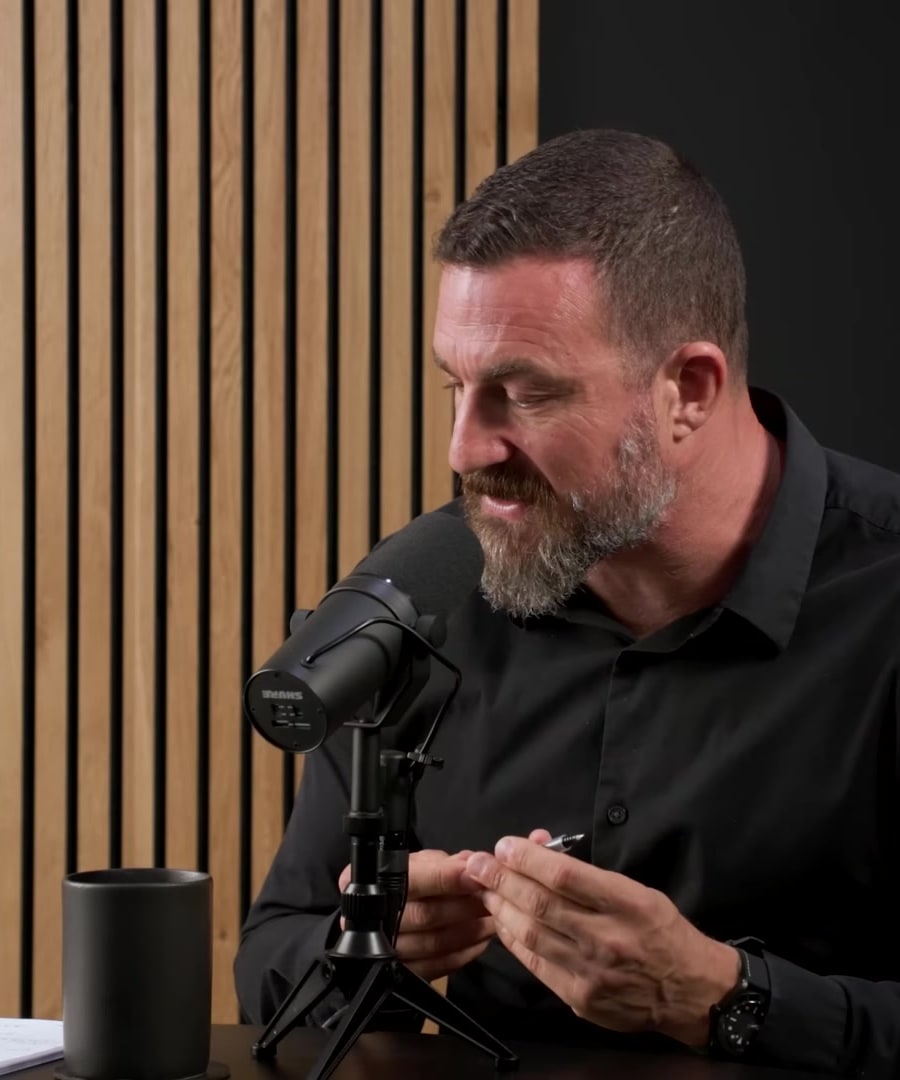Growth mindset vs fixed mindset
Sources:
Growth mindset and fixed mindset are concepts pivotal to understanding how people approach challenges and learning.
Growth Mindset
- Concept: The belief that one's abilities and intelligence can be developed through dedication and hard work—it's less about sheer talent and more about perseverance.
- Response to Mistakes: Individuals with a growth mindset tend to focus on learning from errors rather than reacting emotionally. Brain activity analysis shows that, upon making a mistake, people with a growth mindset have neural signals associated with cognitive appraisal, which helps them understand the error and learn from it 1.
- Performance and Stress: Adopting a growth mindset combined with a stress-is-enhancing mindset can protect against stress and improve performance. Such an approach is especially powerful in education, where it can lead to better academic outcomes 2.
- Cultivating Growth Mindset: It can be facilitated by scaffolding support that allows individuals to take on challenges with the temporary assistance from others, eventually enabling them to tackle issues independently. In the workplace, this might involve redesigning one's job to align with strengths and interests, supporting personal and professional growth 3 4.
Fixed Mindset
- Concept: The belief that intelligence and abilities are static traits which one cannot significantly change.
- Response to Mistakes: People with a fixed mindset often have larger emotional reactions to being wrong. Brain scans have shown that their neural activity following a mistake signals a stronger emotional response, particularly in the anterior cingulate cortex (ACC), which is associated with emotional responses 1.
- Correlation with Performance: Typically, people with a fixed mindset avoid challenges, give up easily when confronted with obstacles, and see effort as fruitless when things are not going smoothly. They often feel threatened by the success of others.
Shifting Mindsets
- It is possible to shift from a fixed to a growth mindset. Awareness of one's emotional reactions and consciously focusing on the informational aspect of mistakes can foster a growth mindset. Over time, this approach can build resilience and a preference for effort and learning from errors 5.
In summary, a growth mindset emphasizes learning and adapting, while a fixed mindset tends to make individuals avoid challenges and become discouraged by setbacks. Understanding the difference and knowing how to encourage a growth mindset can greatly enhance personal development and performance.
RELATED QUESTIONS
Growth mindset vs fixed mindset
- RELATED QUESTIONS




